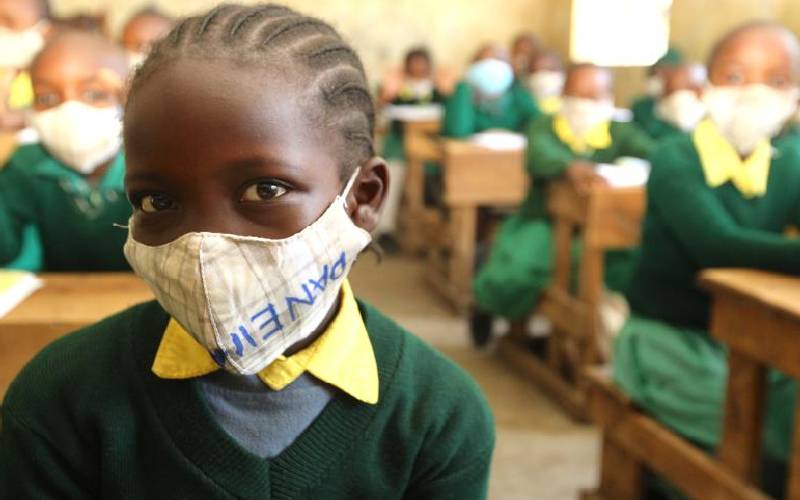×
The Standard e-Paper
Kenya’s Boldest Voice

The spate of indiscipline in secondary schools has once again found us flat-footed. Suggestions on how to address the problem have come from various persuasions. Some, like the re-introduction of corporal punishment, are cranky, simplistic and have no place in the 21st century. There are alternatives to the use of the cane as deterrence for misbehaviour.